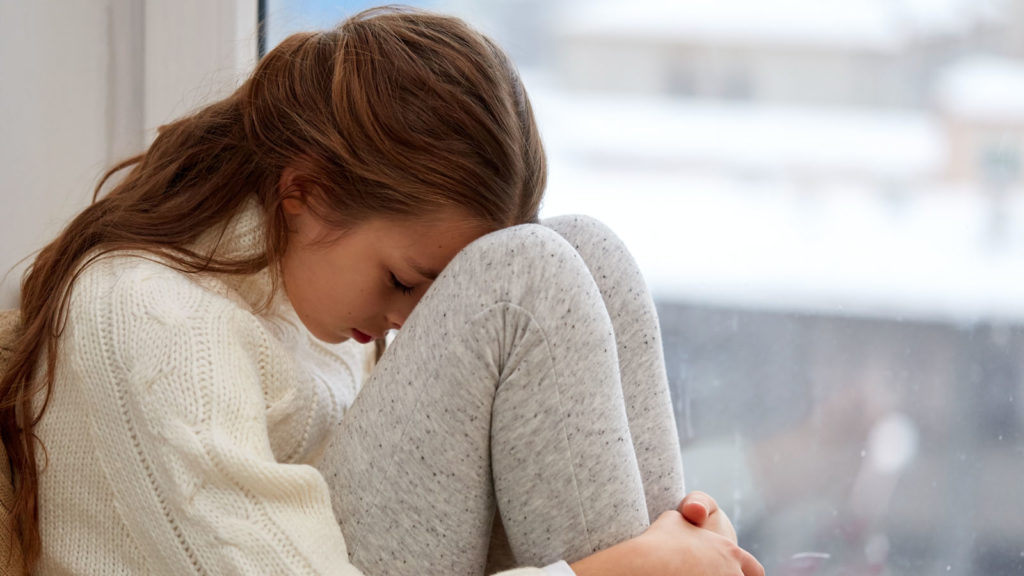The program here at Ken Adams and Associates helped save our marriage. It gave my wife and me a chance to feel hopeful again. Dealing with my addiction has been difficult. But, here, I found a place that helps me understand myself and feel less shame. I am so grateful to have found my way to this program.
Victimization studies suggest that anywhere from 12-28 % of all women and 3-16% of men are subjected to some form of sexual abuse in their childhood (When The Victim Is A Child, National Institute Of Justice, Office Of Justice Programs, 1992). Most perpetrators of sexual abuse are family members or trusted friends of the family.
Perpetrators of sexual abuse can be both male and female, mothers and fathers, aunts or uncles. Sexual abuse causes children to develop a range of significant problems including difficulty with body image, anxiety, panic attacks, depression, and suicidal thinking or attempts. They have difficultly with relationships and sexuality. They may be sexually phobic or overly seductive and advanced in their behavior for their age. They may excessively daydream and appear not to be “present”.
These effects carry into adolescence and adulthood, leaving the victims of sexual abuse struggling in relationships, abusing alcohol and drugs, and/or engaging in other compulsive behaviors including sex and food. In one study (Carnes), 81% of individuals recovering from sexual addiction had been sexually abused as children. With treatment and supportive and validating therapeutic services, victims of abuse can heal and learn to lead more productive and fulfilling lives.

